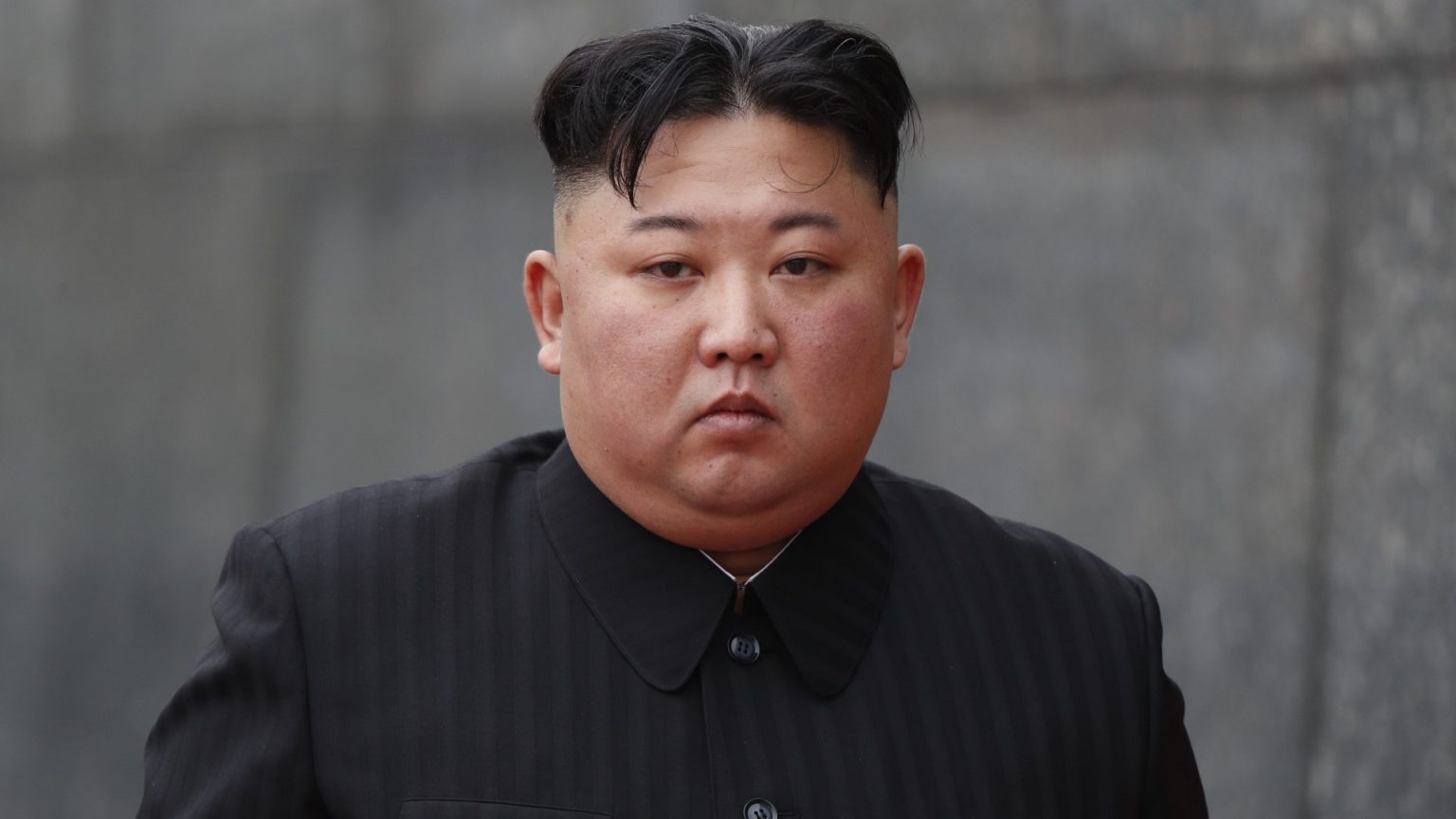The Democratic People’s Republic of Korea (DPRK), under the leadership of Kim Jong-un, has implemented a draconian new policy targeting divorcing couples. Both spouses in a divorce are now subject to up to six months of forced labor in re-education camps, a punishment previously applied only to the individual initiating the divorce proceedings. This escalation reflects the government’s view of divorce as an “anti-socialist” act, undermining the stability and ideological purity of the state. This new directive signals a hardening of the regime’s stance on family matters, and it comes amid reports of increasing divorce rates attributed to the severe economic hardships faced by North Korean citizens.
The rationale behind this harsh policy appears multifaceted. The DPRK government traditionally emphasizes the importance of family unity as a cornerstone of its social structure. Divorce, therefore, represents a disruption of this ideal, potentially challenging the state’s authority and control over its citizens’ personal lives. Furthermore, the increased economic pressures brought on by the COVID-19 pandemic and subsequent lockdowns have reportedly led to a surge in marital breakdowns. By penalizing divorce, the regime aims to quell social unrest and maintain a semblance of stability during a period of widespread hardship. This policy effectively criminalizes divorce, transforming a personal matter into a punishable offense against the state.
The implementation of this policy is being carried out swiftly and decisively. Reports from within North Korea indicate that individuals are being transferred directly to labor camps immediately following the issuance of divorce decrees by the courts. This immediate enforcement underlines the government’s determination to deter divorce and enforce its social engineering agenda. The policy’s retroactive application, now encompassing both spouses regardless of who initiated the divorce, signifies a significant departure from previous practices and underscores the severity of the situation. This approach reinforces the perception of the DPRK as a highly controlled society where individual liberties are subordinate to the dictates of the state.
The escalation of punishment for divorce also reflects a broader pattern of control and repression within North Korea. The government’s intolerance of dissent extends to various aspects of personal life, including freedom of movement, expression, and association. The use of forced labor camps as a tool for social control is a well-documented aspect of the DPRK’s human rights record, raising serious concerns about the treatment of these individuals within these facilities. The lack of transparency and due process within the North Korean legal system further exacerbates the vulnerability of those targeted by such policies.
The impact of this policy on North Korean families is likely to be profound. Beyond the immediate punishment of forced labor, the stigma associated with divorce could further marginalize individuals within society. Children of divorced parents may also face social discrimination and limited opportunities. This policy effectively traps individuals in unhappy or even abusive marriages, prioritizing the perceived stability of the family unit over the well-being of its members. Moreover, the fear of reprisal could discourage individuals from seeking legal recourse even in cases of domestic violence or other forms of abuse.
The international community has consistently criticized North Korea’s human rights record, including its use of forced labor and political repression. The new divorce policy adds another layer to these concerns, highlighting the regime’s disregard for fundamental human rights and freedoms. The lack of access to independent information and the closed nature of North Korean society make it challenging to fully assess the extent of the impact of this policy on its citizens. However, based on existing knowledge of the DPRK’s human rights practices, there is ample reason to believe that this policy represents a further erosion of individual liberties and will contribute to the ongoing suffering of the North Korean people.


